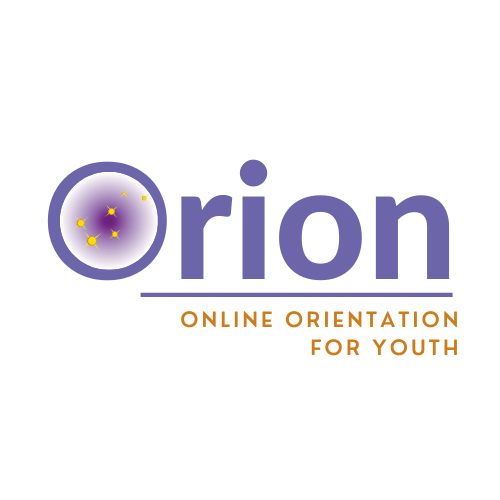Education & Innovative Processes
Technological innovation is fundamentally transforming education, and updating the skills required for modern work!
Education & Skills
Building future-ready (and pandemic-proof) education systems necessitates 21st-century curricula, as well as constant delivery of widely accessible training that lays the groundwork for a lifetime of adapting and acquiring new skills. Specialized education should concentrate on skills that are in high demand in the actual world, bridging the gap between employer demands and accessible talent pools.
Education in the new COVID-19 era
The necessity to be able to give instruction in new and more attractive methods has been underlined by COVID-19.
Even before the pandemic, technology advancements were altering the ways in which educational materials are created, educational information is transmitted, learners interact with the material, and educational outcomes are assessed.

Technology companies such as Amplify and Knewton have been digitizing textbooks and creating content based on gamified learning, while others such as Coursera, edX, and Khan Academy have sought to revolutionize education delivery through Massive Open Online Courses (MOOCs).
However, some education systems, especially at the primary and secondary level, have been relatively slow to incorporate even the most basic, widely available learning technologies – and unequal access to technology has hindered online education efforts during COVID-19.
While technology has always been regarded as a potential tool for addressing issues connected to uneven access to education, particularly in remote or hard-to-reach places and among traditionally marginalized groups, the pandemic has highlighted the need for more related infrastructure. According to UNICEF, less than half of the population in 71 countries have access to the internet for the purposes of remote learning as of mid-2020, a few months after the WHO declared COVID-19 a pandemic.
In addition to the delivery of education, additional innovation in school curricula is required. According to recent studies, hard skills such as reading, writing, and math should be balanced with soft skills such as problem-solving and creativity. Additionally, instruction should no longer be limited to front-of-class teaching.
New Learning Tools
Pedagogy is a sector ripe for innovation, especially when it comes to personalized learning. New learning tools, however, may not always enable engagement with hard-to-reach populations, according to studies, and it is vital that the drive for relevant innovation is matched by the monitoring of its impact.
Trial funding should be given intelligently, and any achievements should be ramped up in the future. Greater public-private partnership targeted at widening this possibility could be advantageous as well; as governments cannot directly influence every classroom, they should instead focus on creating the necessary conditions for future-proof curricula and more innovative formats.
Towards this direction, the European Erasmus+ Project ORION (Online Orientation for Youth) aims to exchange good practices between partner organisations regarding education for people and promote the field of career guidance, orientation, and training.

